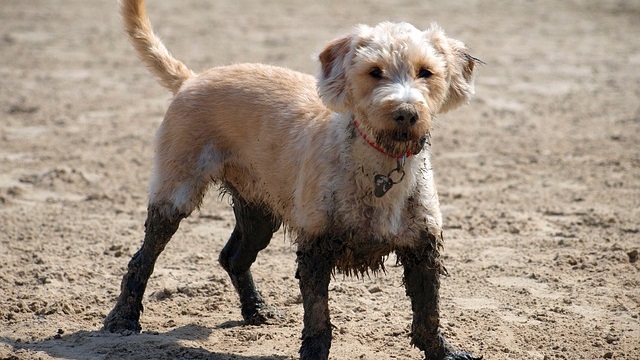7 Vet-Verified Signs Your Dog Needs to Be Neutered
As a new pet parent, figuring out when it’s the right time to neuter a male dog can feel tricky. Dog owners often notice unusual behaviors in intact dogs and wonder if these are normal or if it’s time to visit the vet. To clear up any confusion, we’ve gathered vet-approved signs that clearly indicate your dog needs to be neutered.
- Vets recommend neutering male dogs between six to nine months, varying by breed and health.
- Neutering lowers cancer risk, prevents unwanted litters, and reduces hormone-driven behaviors.
- Signs indicating the need for neutering include frequent mounting, aggression, indoor marking, and roaming.
- Restlessness and anxiety may also signal hormonal issues that can be alleviated through neutering.
- Consult your vet for personalized advice and consider using Maven Pet to monitor your dog's behavior.
When Should I Neuter My Dog?
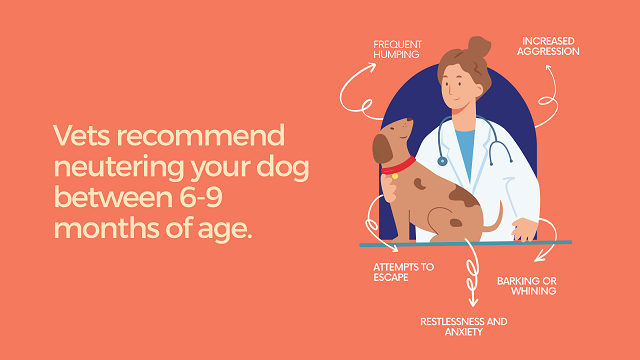
Veterinarians generally recommend neutering your dog between six to nine months of age, although this can vary depending on breed, size, and health considerations. Smaller breeds may benefit from earlier neutering, while larger breeds might need to wait a bit longer to allow full growth. Always consult your vet for personalized advice based on your dog’s specific circumstances.
Why Should You Neuter Your Dog?
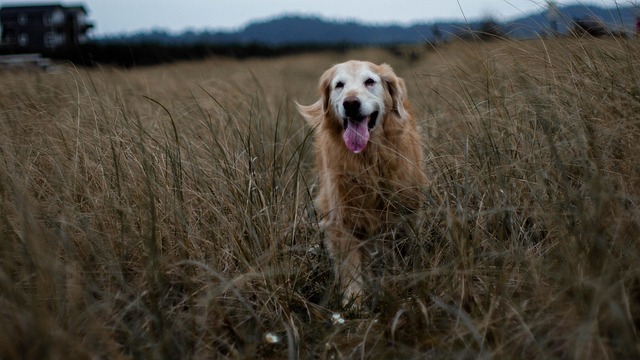
Neutering your male dog provides important health benefits and helps control behaviors that can be challenging to manage. According to the American Veterinary Medical Association (AVMA), neutering your male dog lowers the risk of testicular cancer, prevents unwanted litters of puppies, and significantly reduces behaviors driven by hormones. It can also help your dog become calmer, safer, and easier to manage.
1. Your Dog Frequently Mounts or Humps
One of the clear signs your dog needs to be neutered is if they regularly hump people, other animals, or furniture. This behavior signals sexual maturity and hormonal activity. The American Veterinary Medical Association (AVMA) confirms that this behavior typically decreases significantly after neutering.
Maven Tip: Maven Pet smart collar tracks your dog’s daily activity and can spot increasing restlessness or hyperactivity, alerting you to behavioral shifts before they become problematic.
2. Increased Aggressive Behavior
Aggressive behavior, such as growling, snapping, or getting into fights with other male dogs, often indicates hormone-driven aggression. Dr. Jerry Klein from the American Kennel Club (AKC) highlights that neutering can significantly reduce these aggressive behaviors, promoting a calmer disposition in your dog.
Maven Tip: Maven Pet can monitor changes in your dog’s behavior patterns, giving early alerts if aggressive behaviors increase.
“I got the Maven sensor for my 14-year-old Chihuahua mix with heart and trachea issues. It gave me back peace of mind – I can track her RRR, BPM, drinking, and activity anytime and know instantly if something’s wrong. Highly recommend!”

★★★★★
Chiara De Luca
Titti
3. Your Dog Starts Urine Marking Indoors
When intact male dogs reach sexual maturity, they may begin marking territory indoors by urinating on furniture or walls. According to PetMD, this is a common hormonal behavior. Neutering your dog greatly reduces the hormones responsible for this urge, thus significantly curbing this unwanted habit.
Maven Tip: Track changes in your dog’s water intake and urination frequency through Maven Pet to detect early signs of hormonal changes or potential health concerns.
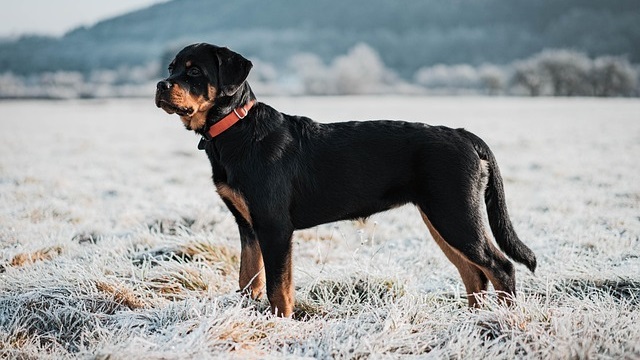
4. Persistent Roaming or Attempts to Escape
Intact dogs often exhibit a strong urge to roam, driven by the instinct to find a female dog in heat. Roaming can put your dog at risk of injury or becoming lost. According to VCA Animal Hospitals, neutering helps decrease this behavior, making it easier and safer to manage your pet.
5. Restlessness and Anxiety
Hormonal fluctuations can lead to increased anxiety and restlessness in unneutered male dogs. Symptoms often include pacing, whining, or nervousness. Veterinary behavior experts from the American College of Veterinary Behaviorists (ACVB) recommend neutering to help stabilize mood and reduce these anxiety-driven behaviors.
Maven Tip: Maven Pet tracks your dog’s rest and activity levels, alerting you to any unusual restlessness or anxiety early so you can seek timely veterinary advice.
6. Excessive Barking or Whining
Excessive vocalizations like barking, whining, or howling can be hormonally influenced behaviors that emerge as your dog matures. Veterinarians frequently recommend neutering as an effective way to minimize these disruptive behaviors, promoting a calmer and quieter home environment.
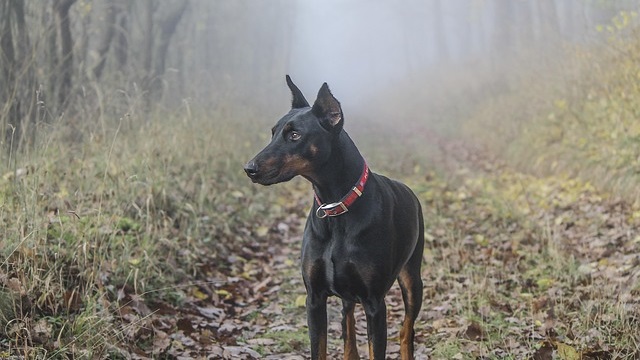
7. Health Concerns (Testicular or Prostate Issues)
One critical reason your dog needs to be neutered is to prevent serious health issues. Unneutered male dogs face a higher risk of developing testicular cancer and prostate problems. The AVMA strongly advises neutering as it greatly reduces these health risks. If your dog exhibits discomfort or symptoms associated with reproductive health, immediate veterinary consultation is essential.
How Maven Pet Can Help You Decide
Recognizing these signs early can be challenging. Maven Pet smart collar proactively monitors your dog’s health and behavior, offering insights into subtle changes you might overlook.
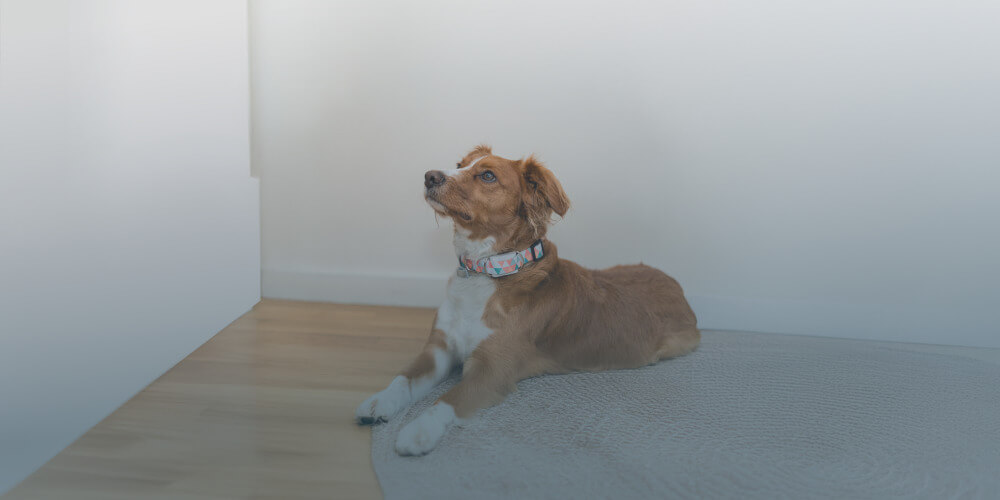
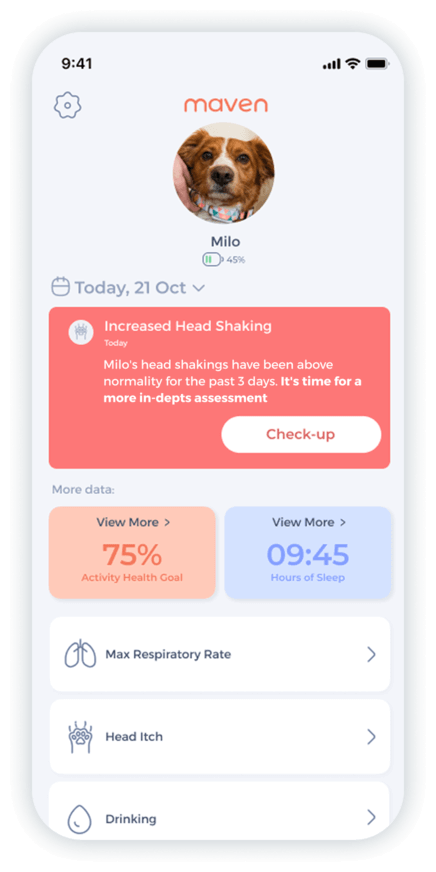
Monitor heart rate, respiratory rate, activity & rest, drinking, itch behavior.
Maven Pet tracks:
- Activity Levels: Detects unusual inactivity or hyperactivity.
- Rest Patterns: Identifies frequent waking or restless sleep.
- Itch and Scratch Behaviors: Spots signs of anxiety or skin irritation.
- Water Intake: Monitors changes in drinking habits, which could indicate hormonal shifts or health issues.
Real-time alerts from Maven Pet’s AI system help you determine the optimal time to neuter your male dog, ensuring timely veterinary consultation.
Final Thoughts
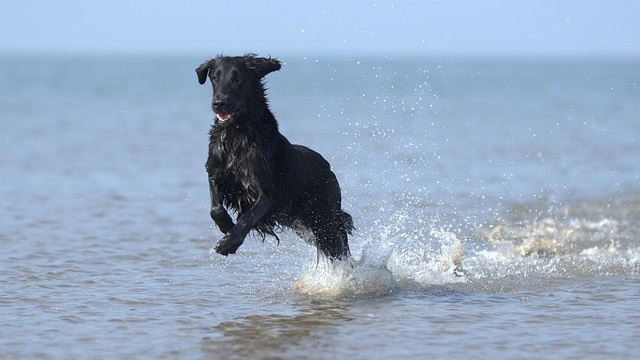
- Neutering is beneficial for your dog’s health and behavior.
- Look for behaviors like excessive mounting, aggression, marking territory, and roaming.
- The Maven Pet smart collar can assist in monitoring subtle behavior and health changes.
- Early intervention ensures your dog remains healthy, happy, and manageable.
- Always consult with your veterinarian for personalized advice on neutering.
By clearly understanding these vet-verified signs your dog needs to be neutered, you can confidently make informed decisions. Taking action at the right time ensures your dog stays healthy, happy, and well-cared for throughout their life.
Maven Pet focuses on improving the quality of life of our pets with technology, using artificial intelligence (AI) to enable proactive pet care. By accurately collecting and monitoring pet data 24/7 and flagging any irregularities, Maven Pet empowers pet parents and veterinarians to stay ahead of potential health issues, ensuring the well-being and longevity of our beloved companions.

